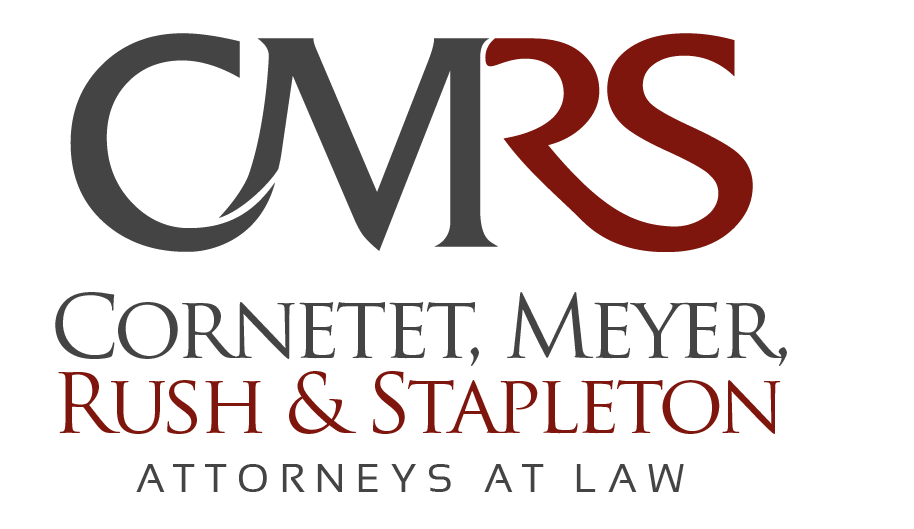Update August 12, 2020: The City of Cincinnati has created its online portal to register residential rental property.
Property owners must file a Residential Rental Registration by October 31, 2020, to avoid penalties. The registration requirement is 60 days after the extended effective date. If you later acquire more residential rental property, you must register within 60 days after acquisition. It is best to act quickly to avoid civil fines of $1,250 per property.
To get the most up-to-date information, submit your email below to secure information on the Cincinnati rental registry including the current method of submission:
Important Legal Considerations for Landlords:
-
Why would you create a Holding Company?
-
Estate Planning Summary: Asset Protection and Probate Avoidance
-
Visual Summary of working with Elliott Stapleton
-
Exempt Interests in Ohio: Asset Protection Planning
-
Dying in Ohio without a Will; Rights of a Spouse
-
Ohio Probate: Eight Things to Do When Your Loved One Dies in Ohio
Update April 30, 2020: The City of Cincinnati has updated the rental registration requirement timetable. The new effective date for the rental registration will take effect on September 30, 2020.
We will continue to provide updates on the rental registration and other areas of law for your business.
On October 30, 2019, the City of Cincinnati adopted new laws that affect landlords owning property within the city of Cincinnati. This new law will impact all Landlords owning residential rental property in Cincinnati.
According to the new ordinance, Cincinnati landlords will now be required to register with the city of Cincinnati (in addition to registration with Hamilton County). Landlords who have not registered with the latest Cincinnati Rental Registration Registry should act quickly to avoid civil fines of $1,250.
Owners of real property rented by tenants are required to register within 60 days – the problem is the website to register is not yet live. The effective date for the ordinance is April 30, 2020 (Cincinnati, OH Code of Ordinances). (if you would like an email reminder when this city releases this website feel free to submit your email below).
The purpose of this law is to decrease the number of evictions. This includes a modification on rules related to the acceptance of rent after a three-day notice is served.
In some cases, rental properties will need to be inspected by the City of Cincinnati. Rental properties must address existing code violations or face potential penalties and mandatory inspections.
There are requirements outlined in the Cincinnati ordinance, which could result in changes to existing lease agreements. For example, there are limits on the amount which can be charged for late fees, and there can no longer be a charge of interest against tenant’s unpaid rent.
Subsequently, on January 15, 2020, another ordinance passed, which will make changes to security deposit requirements for renters with more than 25 units. Instead of a traditional security deposit, the following options are available:
- Purchase rental security insurance;
- Pay the security deposit on an installment plan over a period of no less than six months; or
- Payment of a reduced security deposit, which can be no more than the equivalent of 50% of the first month’s rent.
The wording of the ordinance is a bit unclear on whether the landlord or the tenant is able to decide which options can be used.
Specifically, the language in the ordinance states:
“Upon a tenant’s request, all landlords who own and control more than twenty-five rental units and require a security deposit shall offer to accept at least one of the options described in paragraph 871-9(a)(8)(A-C) in lieu of the required security deposit.” The phrase “offer to accept” is what could create confusion.
Later in the ordinance, the landlord is required to “provide the tenant written notice of the available security deposit alternatives,” which is in the form of “Notice to Tenants;” this notice is listed in the ordinance.
The Notice to Tenants, unfortunately, does not extinguish the confusion:
“If a security deposit is required, Tenant has the right to request and Landlord is required to accept one of the following three alternatives…”
Is a landlord required to accept the alternative requested?
Or is the landlord only required to accept one of the alternatives?
We will continue to provide updates on this change in the law as they develop.
Clients requiring a review of lease agreements or need assistance in navigating Cincinnati’s new landlord-tenant laws may contact us at 513-334-0099 for a consultation.
